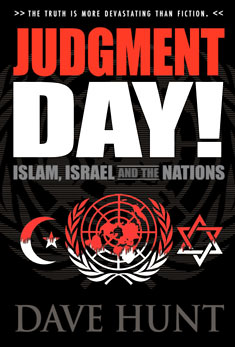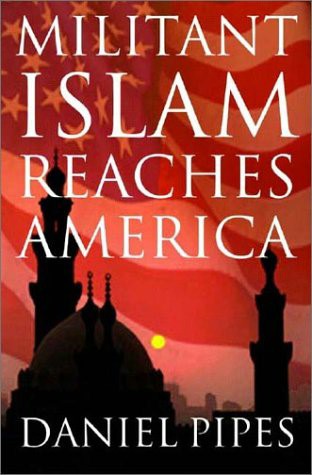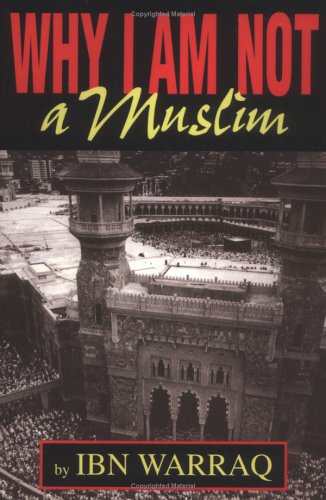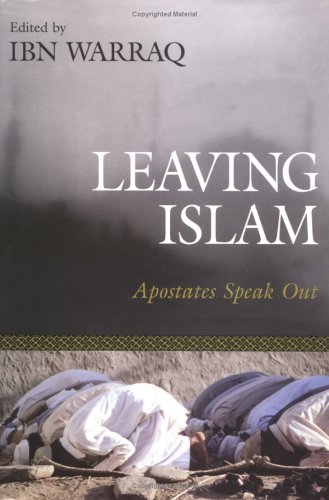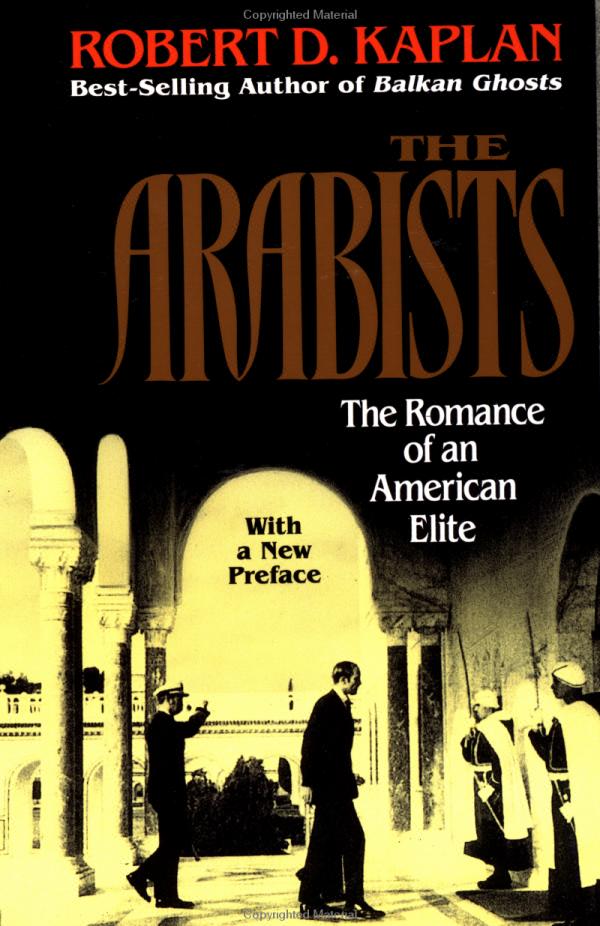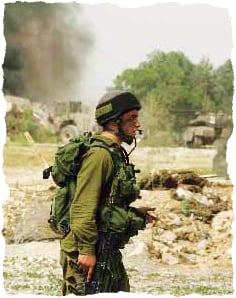Ran Kohba, an architect and a helicopter-pilot
By Shimon Briman
He was the most modest out of two hundred of Israeli officers who came to Odessa in July 2004 by a special flight. That was a joint project of the Israeli Defense Forces and the "Jewish Agency for Israel". Never before have so many officers of all branches landed in the former USSR, never before the Israeli officers contacted directly with the Jewish youth of Ukraine.
One had to see it: the officers starting from the lieutenant and finishing with the general in uniform marched in column along one of the Odessa streets, stepping across the tram rails and singing loudly "Eveinu sholom aleihem". The traffic was blocked on both sides of the column. The "new Ukrainians" in their Jeeps stood without a complaint or beeping, astonished at the amazing view of the foreign troops. In front of the column between two standard bearers with the flags of Israel there marched an officer, two meters height, clasping the Torah roll to his bosom.
At the sound of Israeli military marches two hundred of senior pupils and students from the south of Ukraine greeted their militant guests, waving white-and-blue flags enthusiastically. At the ceremonial (and kosher) dinner both officers and students were specially placed in front of each other to help them establish contact.
Then officers and students divided into eight groups to have a more confiding talk. I had an honor to be a translator for one of those groups. Among young Ukrainians and officers sympathy immediately arose, although some questions of the students made the Israeli officers defend themselves.
The dispute that arose was over moral principles of the Israeli Defense Army. The smiling major informed that the ethic code of war prosecution is something that distinguishes the Jewish army. The students grumbled and rumbled something incoherent. The major - the deputy company commander of special purpose troops - said: "Ask what these guys think of our actions against terrorists". He shrunk at this questions waiting for accuse in excessive cruelty. But he was absolutely wrong!
The students from Odessa shouted out in chorus: "You bomb them not enough! You destroy less than enough! You need the most radical means against the nests of terrorism!" Israeli officers went open-mouthed with astonishment - they couldn't even imagine that the Jewish youth of Ukraine is more militantly thinking than them.
 Then the helicopter-pilot Ron Kohba with a badge '1000 hours flight on 'Apache'' told them a story: not long ago he was ordered to destroy the car with the terrorist - the car was moving in the direction to Tel-Aviv. In the last moment before firing the missile he got the signal that a six-year old child of the "shahid" is sitting next to him, on his right. "What would you have done?" - Ran asked the students.
Then the helicopter-pilot Ron Kohba with a badge '1000 hours flight on 'Apache'' told them a story: not long ago he was ordered to destroy the car with the terrorist - the car was moving in the direction to Tel-Aviv. In the last moment before firing the missile he got the signal that a six-year old child of the "shahid" is sitting next to him, on his right. "What would you have done?" - Ran asked the students.Students advised to "press the trigger, anyhow his son will grow a murderer", or to burst the left side of the car with a machine-gun fire. Ran calmed this youthful maximalism down: "We don't shoot at children. I was ordered to return back to the base, while our ground forces dealt with the terrorist".
After this dispute Ran Kohba stayed away from further arguments with the fervent Odessa students who "attacked" other officers. Ran was standing aside in his light military uniform and enjoying the Ukrainian landscapes. Laconic as he was, he was telling us about his civil occupation.
Ran appeared to be a professional architect, the head of the project-design bureau "Sabres" in the north of Israel. From time to time he is summoned to pilot the helicopter - for the reservists' musters for one or two days.
"We hit several buildings where terrorists sit with missiles. Then I return home at dawn after the military task. In several hours after destroying the enemies' houses I'm busy with projecting our new dwelling houses. Sometimes after such military tasks it's psychologically hard to switch. I'm negotiating with a customer, smiling at him and listening attentively, while my hands holding a pencil or a marker still remember a steering-wheel and a trigger" - Ran Kohba shares his impressions with me.
At the night of the 21st of July 2006 37 years old Ran Kohba was piloting his helicopter "Apace" to help their comrades in the battle with the "Hezbollah" militant groups near the Lebanon village Marun a-Ras. Suddenly the engine of the helicopter broke down. The machine was losing height and stroke against the second helicopter flying by its side. The second machine hardly managed to land. The Ran's helicopter crashed. Three IDF's soldiers were wounded. The major Ran Kohba died.
I'm writing these lines in between two missiles firing in Haifa. The live TV broadcast informs of the Lebanese "Katyusha" hit the building of the post office in the very center of the city. An hour before that Ran Kohba was buried in the military cemetery. That night he was flying to fulfill his military task in order to save my city of Haifa from 30 wounded civil citizens.
His surname is translated from Hebrew as the "Star". So he was a star, the best that the Holy Land gave birth to. As an architect he decorated Israel with new buildings. As a helicopter pilot he defended what he had built. Deep in his heart he understood that if he wants his compatriots to sleep peacefully in their beautiful homes he must not only project villas but also bomb and kill those who take from the Israeli citizens their right to live. Such was Ran Kohba - a talented designer and an experienced pilot, believing that we can't shoot at children of terrorists.




